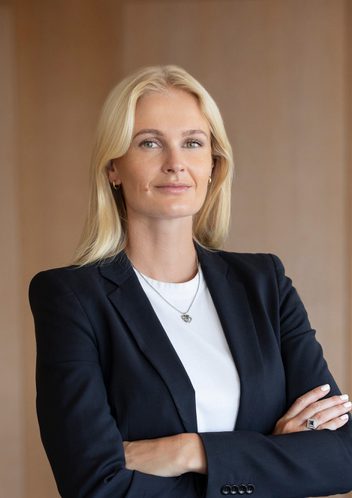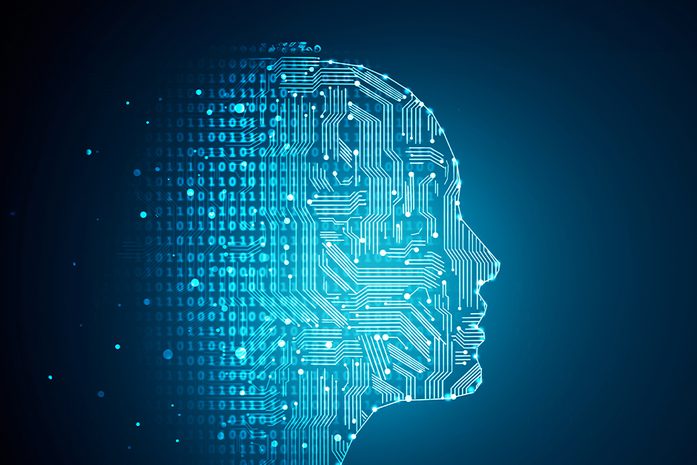
Oskar Engman
Associate
Stockholm
by Oskar Engman and William Eitrem
Published:
A major controversy is unfolding in the AI industry after OpenAI’s recent claim that it has evidence proving Chinese AI startup DeepSeek has harvested large amounts of data from OpenAI’s models, violating its terms of service. The controversy centers on “distillation,” a technique where a smaller AI model is trained using outputs from a larger one. This technique has the potential to significantly reduce both cost and latency, as smaller models are usually more efficient.
Discussions in the media have been intense, with professionals debating ethics, legality, and AI security. Some argue this threatens proprietary AI development, while others point out the irony—OpenAI itself is facing criticism and lawsuits for training its models on copyrighted materials without permission.
This dispute highlights the growing challenges in protecting AI innovations. With increasing AI competition between the U.S. and China, concerns are rising over how to enforce proprietary rights in AI development. The case underscores the urgent need for clear enforcement mechanisms in the AI industry. Although copyright infringement may be hard to enforce, clear and specific contractual provisions in the terms of service may prove to be a more efficient option.

Associate
Stockholm

Partner
Oslo

Partner
Oslo

Partner
Oslo

Partner
Oslo

Partner
Oslo

Managing Associate - Qualified as EEA lawyer
Oslo

Senior Lawyer
Stockholm

Senior Lawyer
Stockholm

Associate
Oslo

Partner
Oslo

Partner
Oslo

Senior Associate
Oslo

Senior Associate
Oslo
